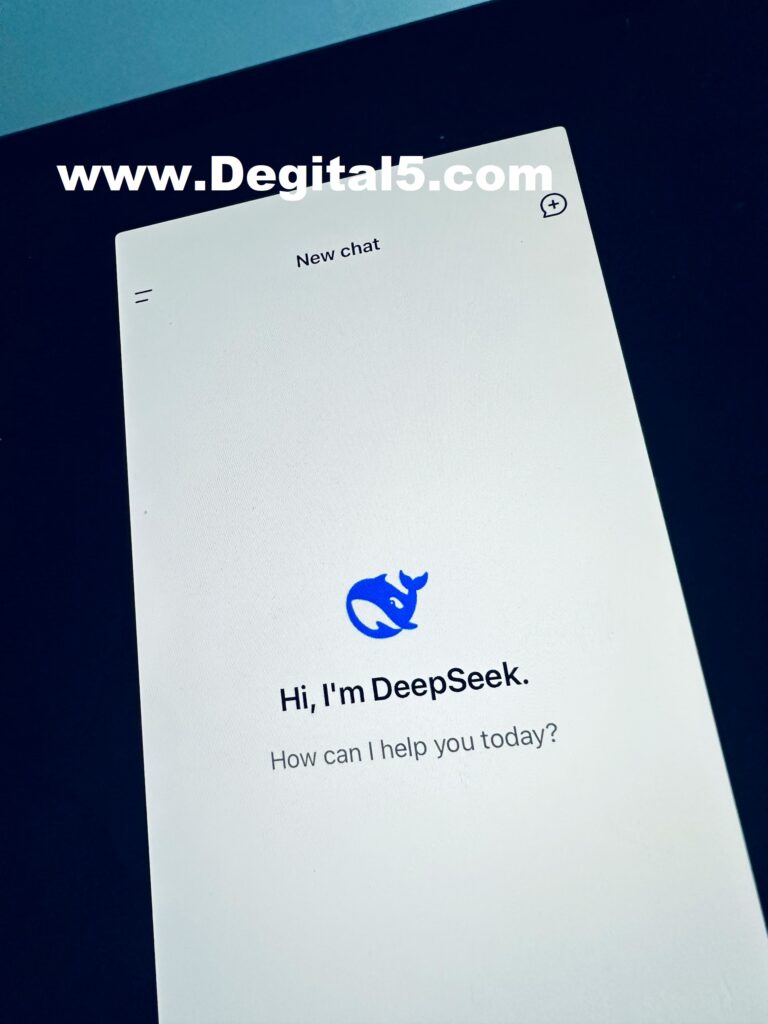The most recent artificial intelligence model from DeepSeek is a “big step backwards” for free expression.

The most recent artificial intelligence model from DeepSeek is a “big step backwards” for free expression.
For a further regress on free speech and what users are allowed to debate, DeepSeek’s most recent artificial intelligence model, R1 0528, has caused eyebrows to be raised. A well-known researcher in artificial intelligence summed it up by saying, “A significant step backwards for free speech.”
An artificial intelligence researcher and a well-known internet commenter by the name of xlr8harder put the model through its paces and shared data that indicate DeepSeek is increasing the constraints it places on its material. “DeepSeek R1 0528 is significantly less permissive on contentious free speech topics than previous DeepSeek releases,” the researcher pointed out. There is a significant difference between the two. The question that remains unanswered is whether this signifies an intentional change in attitude or just a new technological approach to the safety of artificial intelligence.
One aspect of the new model that is especially intriguing is the manner in which it applies its moral bounds as inconsistently as possible. An artificial intelligence model was asked to give reasons in favor of dissident detention camps during one of the free speech tests, but it categorically refused to do so. On the other hand, in its rejection, it particularly referenced China’s detention camps in Xinjiang as instances of violations of human rights.
However, when the model was specifically questioned about these precisely the same camps in Xinjiang, she abruptly offered comments that were extremely sanitized. It would seem that this artificial intelligence is aware of some contentious issues, but it has been programmed to act as if it is ignorant when it is directly questioned about them.
“It is interesting, though not entirely surprising, that it is able to come up with the camps as an example of human rights abuses, but denies when asked directly,” the researcher remarked. “I want to emphasize that this is not entirely surprising.”
Complaints about China? No, the computer says.
When one considers how the model responds to inquiries about the Chinese government, this trend becomes much more obvious.
The study found that R1 0528 is “the most censored DeepSeek model yet for criticism of the Chinese government.” This was revealed by using known question sets that were developed to assess free expression in artificial intelligence replies to politically sensitive themes.
This latest edition of DeepSeek often refuses to interact at all, which is a concerning trend for people who place a high value on artificial intelligence systems that are able to debate national and international matters in an open and honest manner. Previous DeepSeek models may have provided measured replies to concerns regarding Chinese politics or human rights problems.
On the other hand, there is a bright side to this unpleasant situation. DeepSeek’s models, in contrast to those of bigger corporations who have closed systems, continue to be open-source and have permissive license.
The researcher made the observation that since the model is open source and covered by a permissive license, the community is able to (and will) solve this issue. Developers will continue to have the opportunity to design versions that strike a better balance between openness and safety as a result of this accessibility. What the most recent model from DeepSeek reveals about the right to free expression in the age of artificial intelligence It is possible for these systems to be aware of contentious occurrences while being programmed to act as if they are unaware of them, depending on how you phrase your inquiry. This condition sheds light on a somewhat dark aspect of the construction structure of these systems.
Understanding how to strike a healthy balance between appropriate precautions and free conversation is becoming more important as artificial intelligence continues to make its way into our everyday lives. The more limited these systems are, the less useful they are for addressing matters that are both essential and controversial. Excessively permissive, they run the danger of allowing material that is harmful. There has been no public statement from DeepSeek about the rationale for these enhanced limits and the regression in free speech; nevertheless, the community of artificial intelligence is actively working on changes. For the time being, we might consider this to be just another one of the many chapters that make up the continuous conflict between openness and safety in artificial intelligence.




